In the aftermath of Nigeria’s 2023 general elections, the political terrain remains turbulent, with the opposition struggling to maintain relevance and cohesion. At the center of this discourse is Peter Obi, the Labour Party’s presidential candidate, whose meteoric rise during the election campaign captured the imagination of millions but now faces increasing criticism for perceived underperformance. Donu Kogbara, an international journalist and former ardent supporter of the Obidient Movement, has expressed her disappointment in Obi and his inability to sustain the momentum that once defined him. Her insights highlight broader issues plaguing Nigeria’s opposition and the political climate.
The Rise of Peter Obi and the Obidient Movement
Peter Obi emerged as a beacon of hope for many Nigerians during the 2023 elections. His campaign resonated deeply with youths, intellectuals, and principled citizens who longed for change from traditional political practices. Obi’s message of integrity, transparency, and pragmatic governance inspired the formation of the Obidient Movement, a coalition of enthusiastic supporters who believed in his vision for a new Nigeria.
Obi’s rise was unprecedented. He galvanized a grassroots movement that transcended traditional political structures, appealing to disenchanted voters and mobilizing young Nigerians to participate in politics like never before. For a time, it seemed that Obi and the Labour Party could disrupt the entrenched political duopoly of the All Progressives Congress (APC) and the Peoples Democratic Party (PDP).
Post-Election Realities and Declining Influence
However, the euphoria surrounding Obi’s candidacy has not translated into sustained political impact. Kogbara’s recent critique sheds light on several challenges that have diminished Obi’s stature. She describes the Labour Party as a “sinking ship”, plagued by internal crises and high-profile defections. Issues such as leadership disputes, allegations of external interference, and a lack of organizational structure have hampered the party’s ability to function effectively as an opposition force.
Obi’s own actions, or lack thereof, have also drawn criticism. Kogbara notes that he has failed to provide the dynamic leadership expected of him, instead appearing to retreat into a more subdued role. While his charitable activities and public appearances demonstrate his commitment to societal welfare, they fall short of the aggressive opposition leadership Nigeria’s political landscape demands.
The Broader Opposition Crisis
Kogbara’s critique extends beyond Obi to encompass the broader opposition. She accuses Atiku Abubakar, the PDP’s presidential candidate, of being disengaged, more focused on his lifestyle abroad than on challenging the ruling government. The PDP itself, she argues, has been destabilized by internal strife, much of it attributed to the actions of Nyesom Wike, the current Minister of the Federal Capital Territory.
This lack of coordination and vigor among opposition figures has allowed the APC-led government to operate with minimal scrutiny. According to Kogbara, the administration has failed to address critical issues such as economic collapse, inflation, hunger, and alleged corruption. Yet, the opposition’s response has been tepid at best, leaving many Nigerians feeling disillusioned.
Peter Obi: From Firebrand to Damp Squib?
The most striking aspect of Kogbara’s critique is her personal disappointment in Obi. Once a staunch supporter, she now describes him as a “firework that has turned into a damp squib.” She laments his inability to channel the passion and energy of the Obidient Movement into a sustained political force. For Kogbara and many others, Obi’s failure to capitalize on his post-election platform represents a missed opportunity for transformative leadership.
One of the core issues Kogbara highlights is Obi’s perceived lack of aggression in holding the government accountable. Despite the myriad challenges facing Nigeria, Obi’s responses have been characterized as mild and uninspiring. This has alienated many of his supporters, who expected him to emerge as a formidable opposition leader capable of rallying the masses and challenging the status quo.
The Need for Strong Opposition Leadership
Nigeria’s democratic system thrives on a robust opposition that can hold the government accountable and provide alternative solutions to national challenges. Obi’s potential as an opposition leader remains significant, but fulfilling this role requires a shift in strategy and mindset.
Firstly, Obi must reclaim his position as a unifying figure for the opposition. This entails addressing internal divisions within the Labour Party and working collaboratively with other opposition figures, including those in the PDP. By building a broad coalition, he can amplify his voice and strengthen the opposition’s capacity to challenge the ruling party.
Secondly, Obi needs to adopt a more assertive approach in critiquing government policies and proposing viable alternatives. Nigerians are looking for leaders who can articulate a clear vision for the future and demonstrate the courage to confront the government on pressing issues. Obi’s past success in mobilizing support shows that he has the ability to inspire; he must now channel this into sustained political action.
Lessons from the Obidient Movement
The Obidient Movement remains one of the most remarkable political phenomena in Nigeria’s recent history. It demonstrated the power of grassroots mobilization and the potential for citizens to drive change. However, sustaining such a movement requires continuous engagement, effective leadership, and a clear agenda.
For Obi, reconnecting with the movement’s core principles is essential. He must rekindle the hope and enthusiasm that defined his campaign, addressing the concerns of disillusioned supporters and offering a renewed vision for Nigeria. This involves not only critiquing the government but also demonstrating tangible progress in areas where he can influence change.
The Role of Nigerians in Strengthening Democracy
While the opposition bears significant responsibility for holding the government accountable, ordinary Nigerians also play a crucial role in shaping the country’s political future. The energy and commitment shown by Obidient supporters during the elections underscore the importance of civic engagement in a functioning democracy.
Nigerians must continue to demand accountability from their leaders, regardless of party affiliation. This means staying informed about political developments, participating in civic activities, and advocating for policies that promote good governance. By maintaining pressure on both the government and the opposition, citizens can help create a political environment that prioritizes the needs of the people.
Conclusion: A Call for Reinvigoration
Peter Obi’s journey from a “shining star” to a figure of disappointment reflects broader challenges within Nigeria’s opposition landscape. However, it also presents an opportunity for reflection and reinvention. Obi’s potential to lead remains intact, but realizing it requires bold action, strategic collaboration, and a renewed commitment to the ideals that once inspired millions.
As Kogbara’s critique illustrates, the stakes are high for Nigeria’s democracy. The opposition’s ability to hold the government accountable and provide alternative leadership is crucial for addressing the country’s pressing challenges. Obi and his counterparts must rise to the occasion, not only for their political survival but for the future of Nigeria.
Ultimately, the path forward demands a collective effort from political leaders, opposition parties, and ordinary citizens. By working together, they can rebuild trust, restore hope, and chart a course toward a more prosperous and inclusive Nigeria.

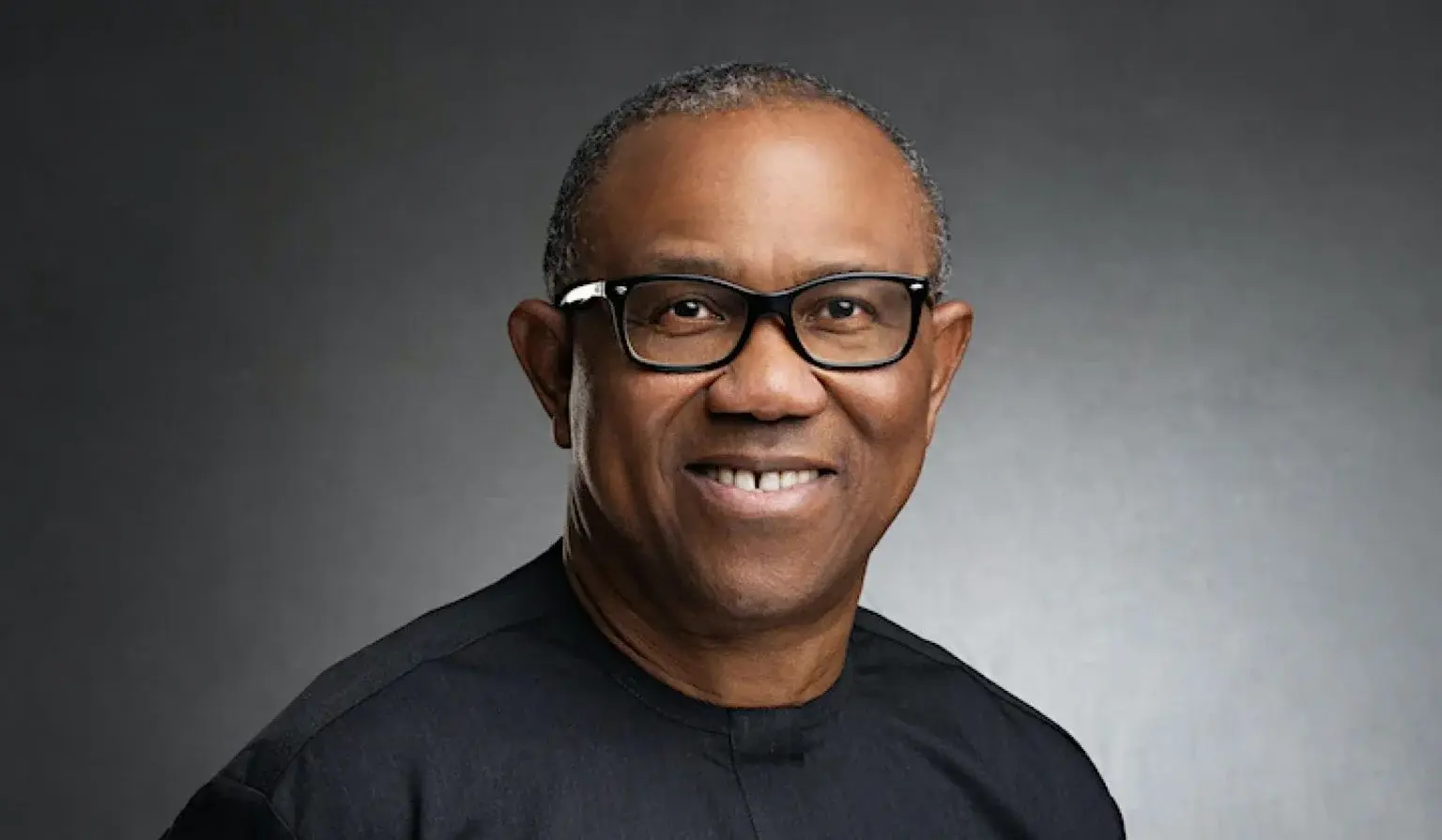
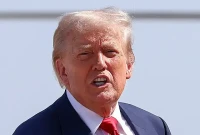
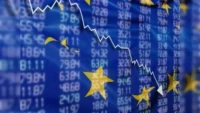
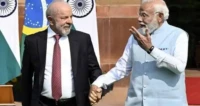
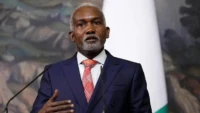



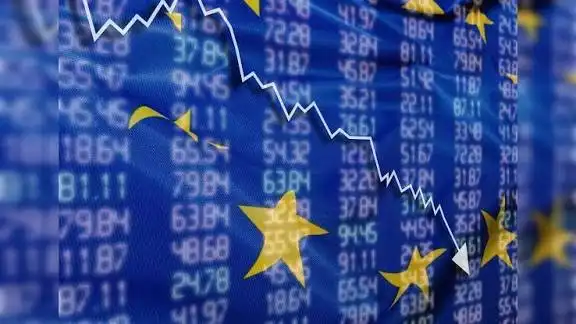
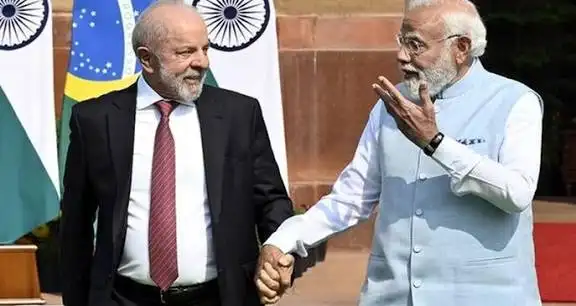
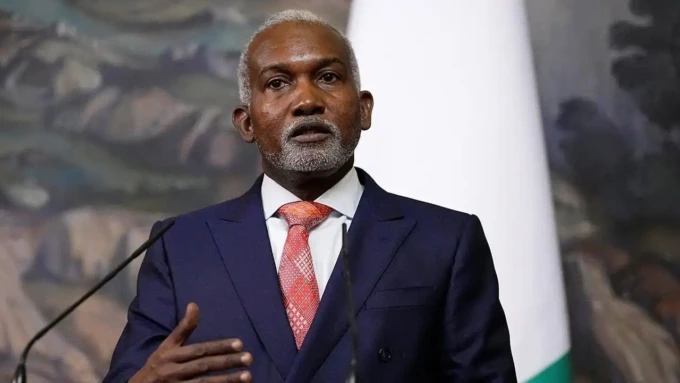
I think Peter Obi should join forces with Kanye West for the next Nigerian election. Imagine the chaos!
That would be a disaster waiting to happen. Lets stick to serious candidates for the election.
I think Peter Obis lack of charisma is overhyped. His track record speaks for itself. Lets focus on substance, not style.
Charisma matters in leadership. Substance without connection to people often falls short.
I think Peter Obis influence is exaggerated. Hes just another politician, not a savior. Time for a reality check!
I think Peter Obis charm is overrated. He needs to step up his game if he wants to make a real impact in Nigerian politics.
I dont buy the hype around Peter Obi. Hes just another politician in a broken system. Time for real change!
Maybe so, but at least hes a step in the right direction. Change starts somewhere.
I think Peter Obi is overrated. His Obidient Movement is just a façade. Time for some real change!
Peter Obis track record speaks for itself. Dont dismiss his efforts for change so easily.
I think Peter Obis evolution is intriguing. Is he a political chameleon or a strategic mastermind? Lets discuss!
Peter Obi is a skilled politician adapting to survive in the game. Strategic mastermind or chameleon? Both.
I think Peter Obis transformation from firebrand to damp squib is just a temporary setback. Hell bounce back stronger!
Peter Obis political career is over. No bouncing back from being a damp squib.
I think Peter Obi needs to reinvent himself and shake things up to regain his political influence. Time for a comeback!
Peter Obis time has passed. Its time for fresh faces and ideas in politics.
I think Peter Obis supposed decline is just a temporary setback. Hes a strategic player who will bounce back stronger.
Peter Obis decline is a sign of his fading relevance in todays political landscape.
I think Peter Obis political charisma is overhyped. He lacks substance and fails to deliver on promises. Time for a reality check!
You clearly havent seen his track record. Obi delivers results, not just promises.
I think Peter Obi should start a reality show instead of being involved in politics. It would be more entertaining!
I think Peter Obis evolution is fascinating! From firebrand to damp squib? Lets discuss over some virtual coffee.
Peter Obis evolution is indeed intriguing. Virtual coffee sounds good. Ready to debate!
Im not buying the whole damp squib narrative on Peter Obi. Lets not underestimate his potential impact in Nigerian politics.
I think Peter Obi needs a makeover, like a reality TV show transformation. Spice things up, Obi! 🌟 #OppositionDrama
I think Peter Obi needs to shake things up and show some real leadership. The opposition landscape in Nigeria needs a fresh perspective.
I think Peter Obis influence is overrated. Hes not the savior of Nigerian politics. Time for new leadership!
I think Peter Obi still has potential to make a comeback. Lets not count him out just yet! #TeamObiForever
I think Peter Obi needs to step up his game and bring some fresh ideas to the table. Otherwise, he might lose his momentum completely.
Peter Obi is a seasoned leader with solid ideas. Lets give credit where its due.
I think Peter Obis influence is overrated. Hes just a political puppet in a broken system. Time for a real change!
I think Peter Obis influence is overstated. Hes not the political savior some make him out to be. Time for a reality check!
I think Peter Obi needs to step up his game and stop being a damp squib. The opposition needs a strong leader!
I think Peter Obi needs to reinvent himself and step up his game if he wants to stay relevant in Nigerian politics.
I think Peter Obi needs to reinvent himself to stay relevant in Nigerian politics. Change is the only constant!
Peter Obi is a seasoned politician. Hell adapt and thrive. Change is his ally, not foe.
I think Peter Obis influence may be declining, but dont count him out yet. He could surprise us all!
I think Peter Obi should consider rebranding himself as a fashion icon to regain his political momentum! Whos with me?
I think Peter Obis influence is overrated. Hes not the savior everyone thinks. Time for new leadership.
I think Peter Obis influence is not dwindling, but evolving. Hes adapting to new challenges and shaping the opposition landscape in Nigeria.
I think Peter Obis influence is overrated. He needs to step up or step aside. Time for a new face in Nigerian politics.
Peter Obi has proven his worth. Dont dismiss experience for the sake of change.
I think Peter Obi needs to reinvent himself or risk becoming irrelevant in Nigerian politics. Time for a new approach!
Peter Obis experience is valuable, reinvention isnt always necessary. Evolution is key.
I think Peter Obis influence is overrated. He needs to step up his game to make a real impact in Nigerian politics.
I think Peter Obis shift in influence is a strategic move. Hes playing the long game, watch out for his next move!
Peter Obi is a master strategist, his next move will shake things up for sure.
Is Peter Obi losing his spark or just facing temporary setbacks? Lets delve deeper into this intriguing political saga!
I dont buy into the idea that Peter Obi is a damp squib. He still has potential to shake things up. Lets not write him off just yet.
Does Peter Obi still have the spark to ignite change in Nigeria, or has his momentum dimmed for good? Lets discuss!
I dont buy it! Peter Obi still has the spark, just needs the right fuel. Lets not write him off just yet.
Is Peter Obi losing his edge or just biding his time? The opposition landscape in Nigeria keeps us guessing!
I think Peter Obi needs to step up his game if he wants to remain relevant in Nigerian politics. The Obidient Movement needs a reboot!
Is Peter Obi really a damp squib or a force to be reckoned with? Lets debate! #NigerianPolitics #OppositionLandscape
I dont buy the idea that Peter Obi is a damp squib. Hes got potential, lets not write him off just yet.
I think Obis influence is overstated. He needs to step up and show real leadership to make a meaningful impact.